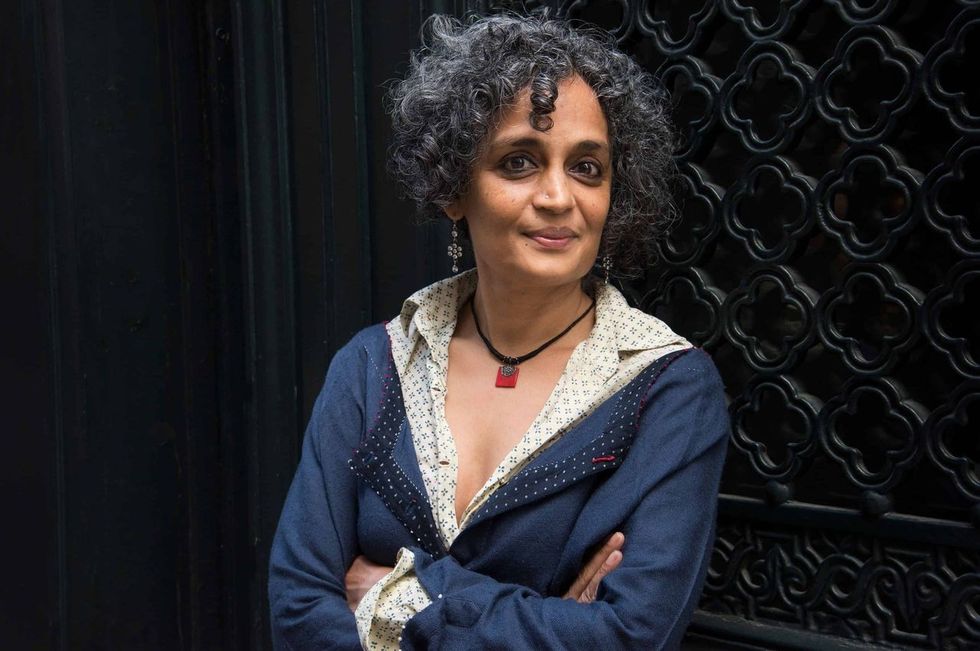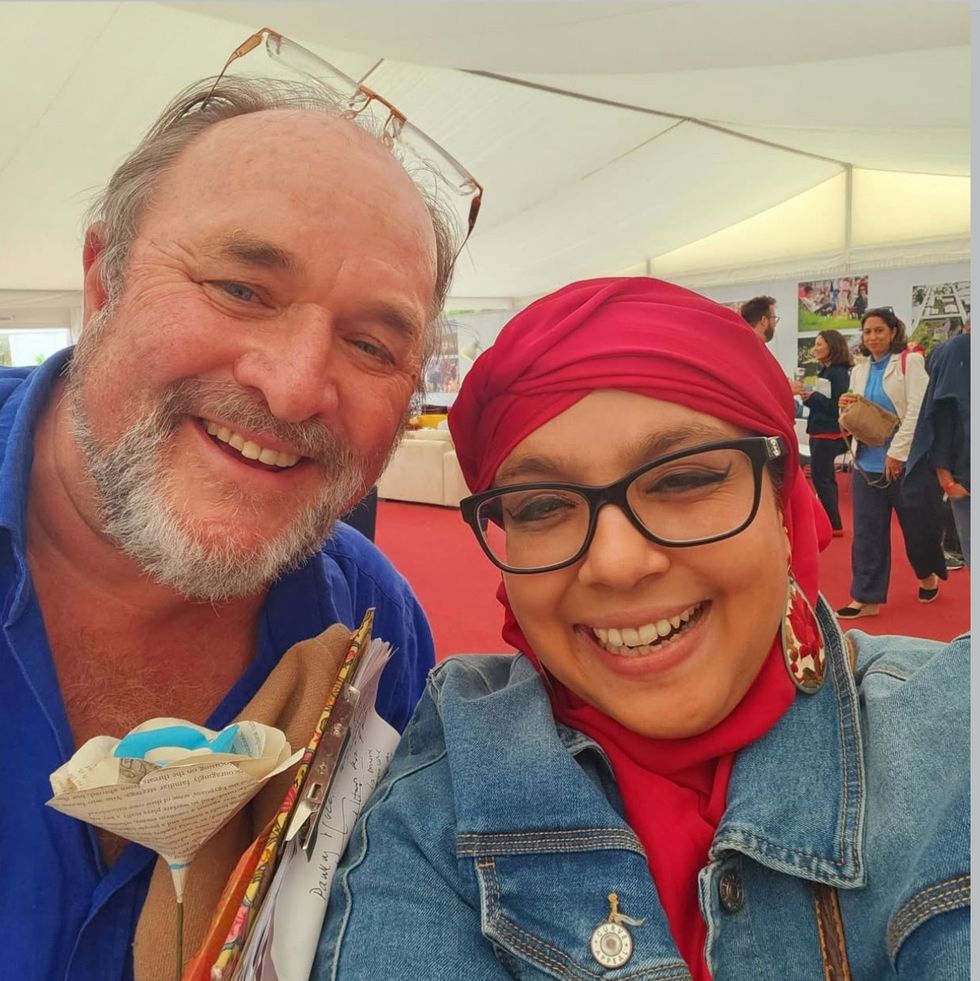by Amit Roy
ROYAL COURT HOLDS FRESH READING OF PARTAP SHARMA’S ‘BANNED’ PLAY
THE Royal Court in London’s Sloane Square last week had a reading of the late Partap Sharma’s play A Touch of Brightness, which it first staged over 50 years ago in 1967, after it had been banned by the authorities in India.
The reason given for the ban was the authorities felt that the play, set in a Bombay (now Mumbai) brothel, would damage India’s international standing. It had been picked for a Commonwealth festival in the UK in 1965, but the cast had their passports impounded just as they were due to fly out of the country.
So great was the shock of having his play banned that Partap developed a paralysis on one side of his face, I was told by his English wife, Sue Sharma, who had come over from her home in Mumbai with her two daughters and grandchildren for the “historic” occasion.
Last week’s play reading was organised by Sudha Bhuchar’s new theatre enterprise, Bhuchar Boulevard, in an exercise called Retracing Our Footsteps. It was directed by Kristine Landon-Smith, who had been the artistic co-director when she and Sudha ran the Tamasha Theatre Company.
The Royal Court had readings of three plays curated by Suman Bhuchar. The others were Borderline by Hanif Kureishi, based on the Southall riots of 1979, and Blood by Harwant Bains, on the consequences of the partition of India.
My mind went back to an evening a long time ago. A friend had been invited to dinner by Partap and Sue and took me along with him. Partap was already experiencing problems with his breathing.
In 2006, Waterman’s in London put on another excellent play by Partap about Mahatma Gandhi’s time in South Africa called Sammy! A Word that Broke an Empire. I had already seen it in Mumbai the previous year.
Partap, who was certainly one of India’s most eminent playwrights, died in 2011, aged 71.
There is a lot of history attached to A Touch of Brightness, which was first performed at the Royal Court on March 5, 1967. The cast included Saeed Jaffrey, Zohra Segal and Roshan Seth.
As a further act of solidarity with India’s artistic fraternity, a radio adaptation of the play was transmitted on the BBC Third Programme on November 3, 1967, with a mainly English cast that included Judi Dench, then 32, as “Rukhmini”, the beggar girl who is the lead character in the brothel. The music was composed by Ravi Shankar.
Partap, represented by Soli Sorabjee and Iqbal Chagla, took legal action in February 1966 and the ban was lifted in India in 1972.
A Touch of Brightness is now included in many academic courses in India and in other countries. The Nigerian author, Wole Soyinka, said after winning the Nobel Prize for Literature in 1986 that he had begun to be interested in Indian philosophy after encountering A Touch of Brightness.
When Partap wrote to thank him, Soyinka replied he had tried without success to put on the play and asked if the playwright had a spare copy – “at least I shall turn over its pages from time to time, and hope...”
As for artistic freedom, Sue does not believe that things have improved much, despite the passage of half a century.
“We live with thugs and gangs and that awful rightwing morality,” she said.





 LONDON, ENGLAND - JUNE 22: Baroness Floella Benjamin speaks during the unveiling of the National Windrush Monument at Waterloo Station on June 22, 2022 in London, England. The photograph in the background is by Howard Grey. (Photo by John Sibley - WPA Pool/Getty Images)
LONDON, ENGLAND - JUNE 22: Baroness Floella Benjamin speaks during the unveiling of the National Windrush Monument at Waterloo Station on June 22, 2022 in London, England. The photograph in the background is by Howard Grey. (Photo by John Sibley - WPA Pool/Getty Images)









 Ed Sheeran and Arijit Singh
Ed Sheeran and Arijit Singh Aziz Ansari’s Hollywood comedy ‘Good Fortune’
Aziz Ansari’s Hollywood comedy ‘Good Fortune’ Punjabi cinema’s power-packed star cast returns in ‘Sarbala Ji’
Punjabi cinema’s power-packed star cast returns in ‘Sarbala Ji’ Mahira Khan
Mahira Khan ‘Housefull 5’ proves Bollywood is trolling its own audience
‘Housefull 5’ proves Bollywood is trolling its own audience Brilliant indie film ‘Chidiya’
Brilliant indie film ‘Chidiya’  John Abraham
John Abraham Hina Khan and her long-term partner Rocky Jaiswal
Hina Khan and her long-term partner Rocky Jaiswal  Shanaya Kapoor's troubled debut
Shanaya Kapoor's troubled debut Sana Yousuf
Sana Yousuf



 Shraddha Jain
Shraddha Jain Arundhati Roy
Arundhati Roy William Dalrymple and Onjali Q Rauf
William Dalrymple and Onjali Q Rauf Ravie Dubey and Sargun Mehta
Ravie Dubey and Sargun Mehta Money Back Guarantee
Money Back Guarantee Homebound
Homebound Guru Dutt in Chaudhvin Ka Chand
Guru Dutt in Chaudhvin Ka Chand Sarita Choudhury
Sarita Choudhury Detective Sherdi
Detective Sherdi